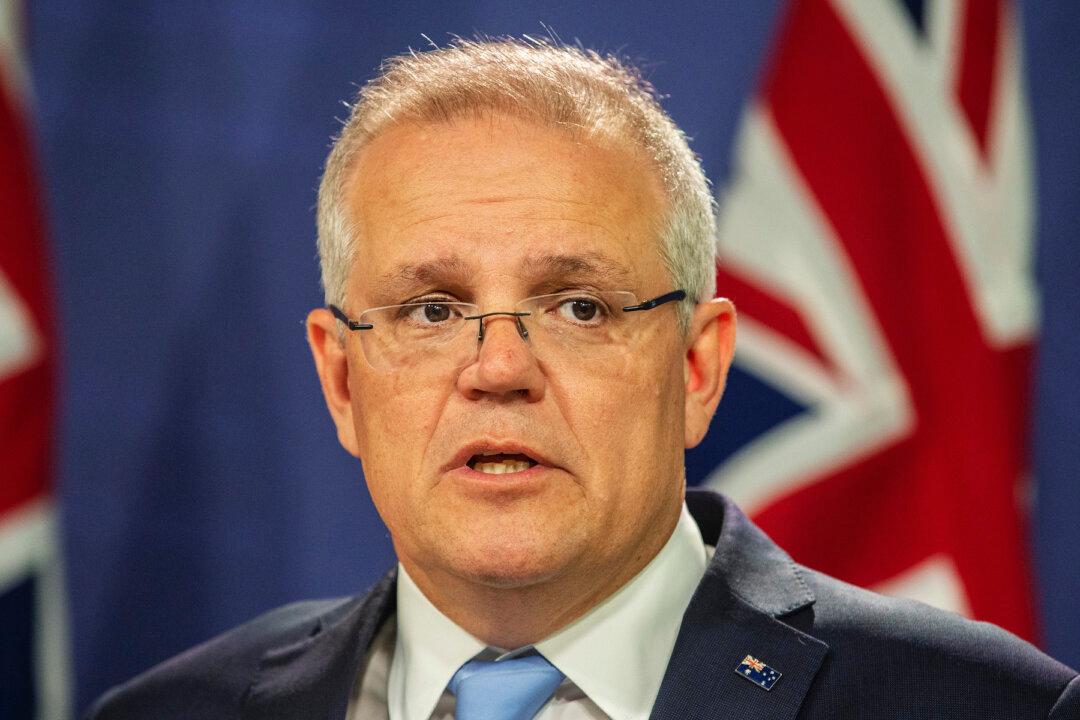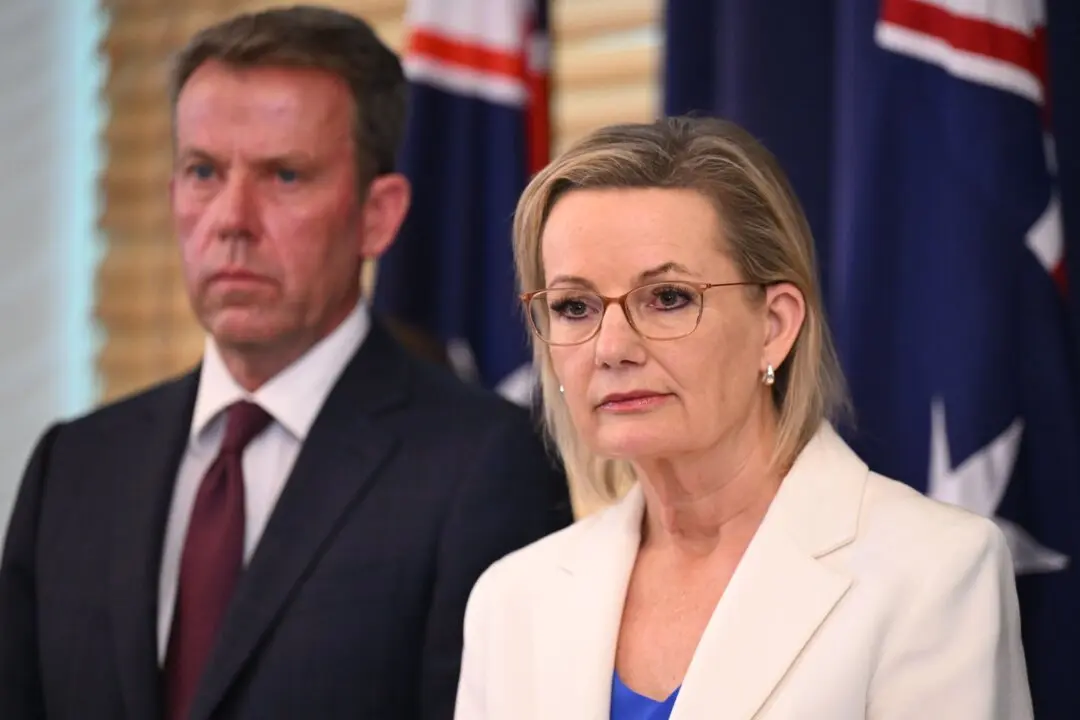Australian Prime Minister Scott Morrison will look to fast-track $72 billion worth of infrastructure projects to push Australia out of its CCP virus pandemic-induced recession.
In an address to the Committee for Economic Development Australia in Canberra on June 15, Morrison will call for all sectors of the economy to pull together, modernise the system, and kickstart economic growth for the country.





